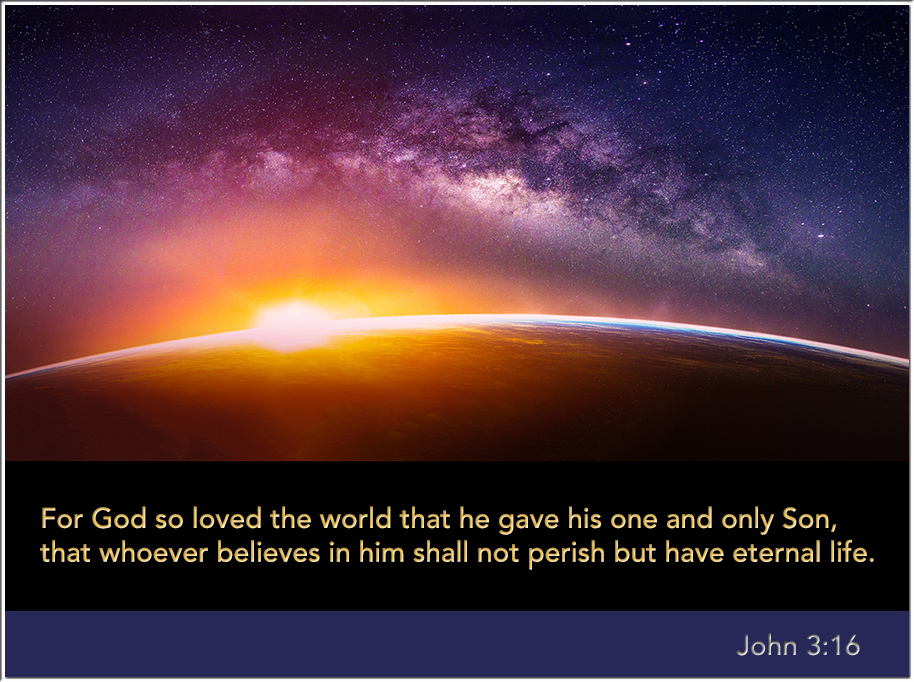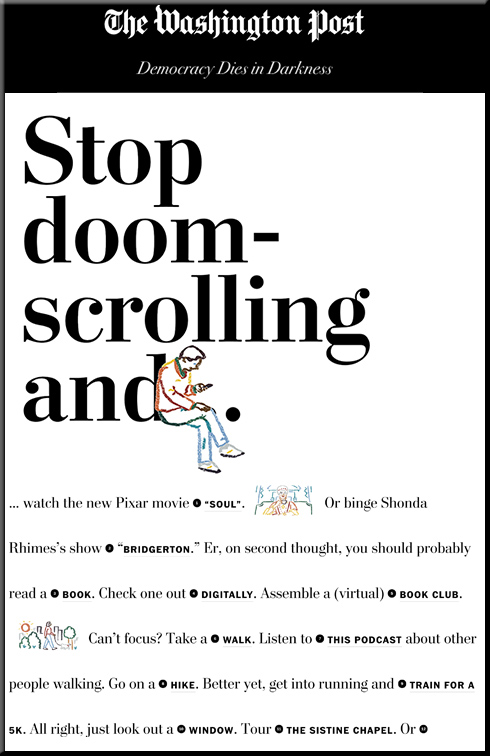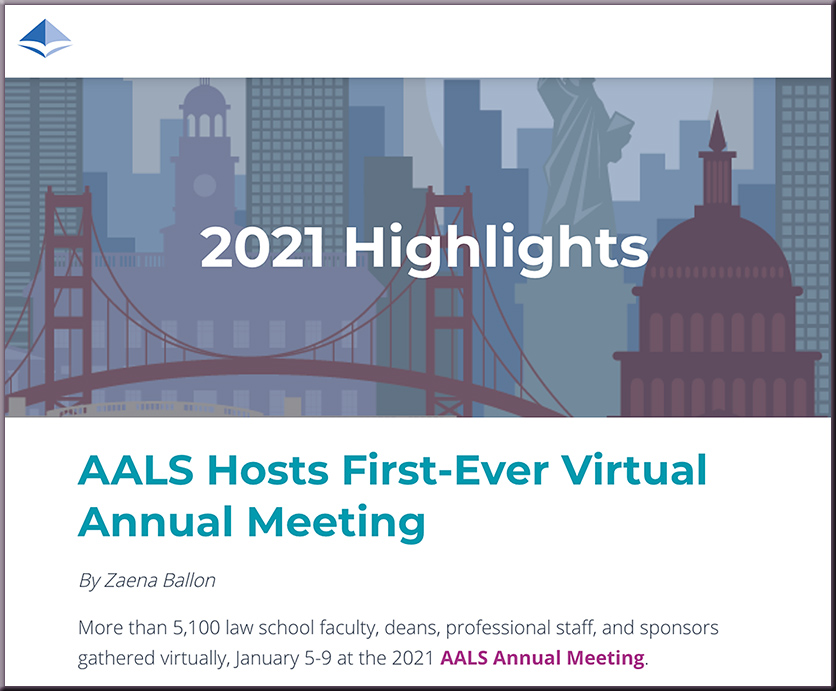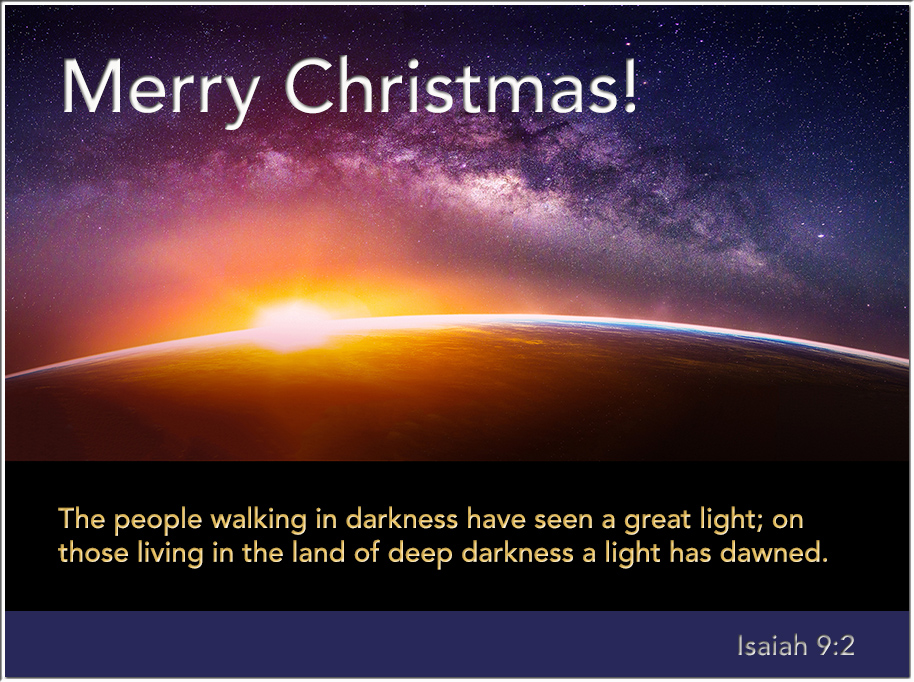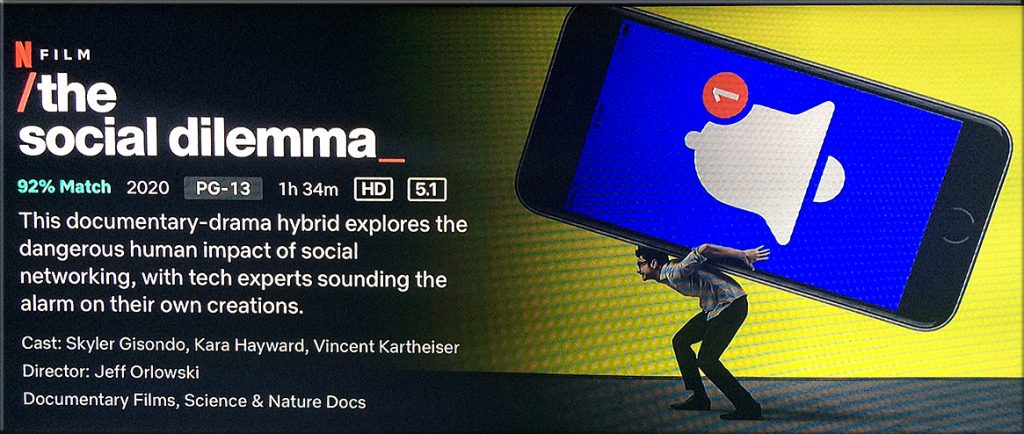From DSC:
In my senior year at college, it was on a Maundy Thursday that I came out of one of the deepest, loneliest deserts that I’ve been in during this lifetime. I’ve been in others, but not like that one. In the fall of my senior year, I had to see if all of this faith stuff was a hoax. So I went into a 7-8 month time in the desert. I questioned the LORD’s existence. Everyone felt a million miles away…even my closest friends. The LORD felt a million miles away too. After having three good years on the court, the sport that I played in college did not go well — at all. I couldn’t wait to get off the court.
But as it turned out — and looking in the rearview mirror — I could see that He was at work. How I saw myself, the LORD, and the world changed that year. My identity changed that year.
On that Maundy Thursday, I went to the Alice Millar Chapel on NU’s campus. Normally, I would have been with my family, but they were away that year. I was sitting alone, in the back of the church…it was dark. I watched the pastor get down on his knees, reach for a wet towel, and wash the feet of a dozen or so people from the congregation. The pastor was doing what Christ had done to His disciples, many years prior.
All of the sudden, the many years’ worth of singing the doxology around the family table came flooding back into my mind. And what I can only describe as a sort of full-body warmth came over me. I have never doubted the LORD’s existence since that time. It was nice to be out of the desert.
(My pastor at that time, Rev. David Handley, used to say that the Holy Spirit was active on Maundy Thursday…and I believe it. 🙂
All that said, I hope that once we make it through Maundy Thursday and Good Friday, that those of you who celebrate Easter have a great one this year!
Thank you LORD for your love, grace, forgiveness, patience, gentleness, and kindness. Thank you for your creation. Thank you for your provision. Thank you for our work. Thank you for running, clean water. Thank you for all the food and drinks we have. Thank you for roofs over our heads and clothes on our backs.
2 Corinthians 5:17-19
Therefore, if anyone is in Christ, the new creation has come: The old has gone, the new is here! All this is from God, who reconciled us to himself through Christ and gave us the ministry of reconciliation: that God was reconciling the world to himself in Christ, not counting people’s sins against them. And he has committed to us the message of reconciliation.
And from Isaiah Chapter 53:
Isaiah 53:3-6
He was despised and rejected by mankind, a man of suffering, and familiar with pain. Like one from whom people hide their faces he was despised, and we held him in low esteem. Surely he took up our pain and bore our suffering, yet we considered him punished by God, stricken by him, and afflicted. –
But he was pierced for our transgressions, he was crushed for our iniquities; the punishment that brought us peace was on him, and by his wounds we are healed. We all, like sheep, have gone astray, each of us has turned to our own way; and the LORD has laid on him the iniquity of us all.









